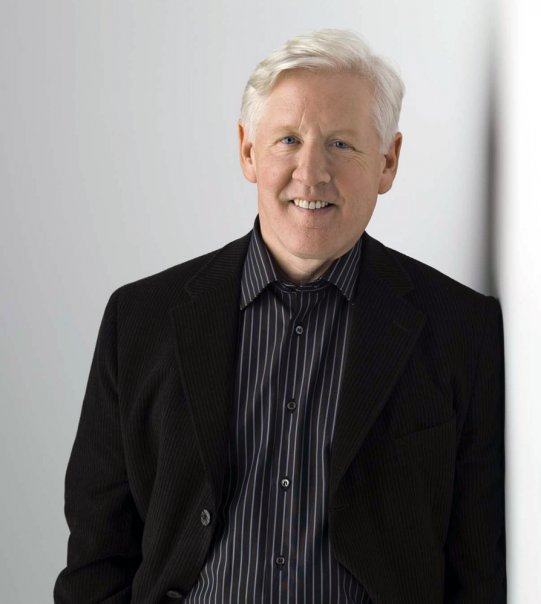Canada News
Envoy Bob Rae says Rohingya genocide prosecution faces legal hurdles

Rae, in his report released earlier this year, said the prosecution of crimes against humanity needed to be pursued and urged Canada to play a leading role. (File Photo: Bob Rae/Facebook)
OTTAWA — Bob Rae, Canada’s special envoy to the Rohingya crisis, says the international community faces tough legal challenges if it hopes to prosecute Myanmar’s military leaders for genocide against the country’s ethnic Muslim minority.
Rae offered that assessment after a United Nations human rights report released Monday that named six individuals as being responsible for the planned crimes against Rohingya Muslims and marked the UN’s most stinging denunciation of the crisis that erupted last August.
The UN estimates more than 700,000 Rohingya have been forced to flee to neighbouring Bangladesh in a bloody crackdown by Myanmar’s military.
Rae, in his report released earlier this year, said the prosecution of crimes against humanity needed to be pursued and urged Canada to play a leading role.
While he stopped short of using the genocide label — as have many western governments — Rae said Monday’s finding puts more pressure on the international community to finding a forum to prosecute those named by the UN investigators.
He said that would not be an easy task.
“The challenge is going to be to figure out: how do we create the tribunal to actually have the independence and the capacity to make a determination that will have credibility,” he said.
Rae noted that special tribunals were set up to prosecute war crimes in Cambodia, Rwanda and the former Yugoslavia.
The Trudeau government appointed Rae as its special envoy to the crisis. He made two trips to the region before tabling a report this spring that urged the Liberals to step up spending on the mass migration crisis and play a leading role in the investigation by the International Criminal Court of possible war crimes.
The UN report said the matter should be referred to the ICC, or a special tribunal because Myanmar refuses to co-operate with the international court, a body that it is not a member of.
The UN Security Council could refer the matter to the ICC, but permanent member China has a veto, and has steered clear of criticizing Myanmar.
Ahmed Ramadan of the Burma Task Force said the genocide designation crosses a legal threshold that forces countries to come to the aid of the Rohingya.
The designation should spur Canada to show more international leadership in the campaign to pressure the Myanmar government to co-operate with a prosecution, said Ramadan, whose organization includes coalition of 19 Canadian organizations.
Rae said the growing body of evidence from Monday’s report, as well as previous ones including his own, simply can’t be ignored by Myanmar’s leaders.
“The fact is the situation is very serious and the evidence can’t simply be dismissed. It is going to require a more serious response from Myanmar than we’ve seen so far,” said Rae.





















